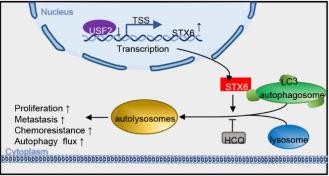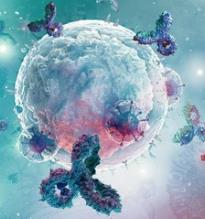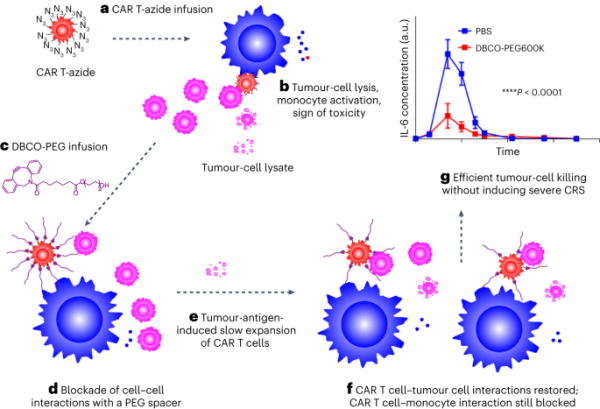Prior to this, people had always believed that RNA and protein only interacted briefly during cellular processes. In a new study, researchers from the Max Planck Institute of Land Microbiology in Germany found that this is not the case: bacterial viruses, also known as bacteriophages, “bind” specific RNA to host proteins during the developmental cycle. This chemical modification, called RNAylation, may open up new avenues for phage therapy or drug…
Month: September 2023
Synaxin-6 Promotes the Progression of Hepatocellular Carcinoma by Activating the USF2/LC3B Axis

Hepatocellular carcinoma accounts for over 80% of all primary liver cancers and is the fourth leading cause of cancer-related deaths worldwide. The five-year survival rate of hepatocellular carcinoma is only 18%, and the mortality rate is second only to pancreatic cancer. Despite recent progress in radiotherapy, chemotherapy, and surgery, current treatment for liver cancer cannot effectively improve the prognosis of patients. In addition, the characteristic of proliferative hepatocellular carcinoma is…
ACSS2 – A Promising New Anticancer Target

A recent study published in Nature Cancer shows that intervening in the metabolism of acetic acid by cancer cells through ACSS2 is not only an effective approach, but also an unexpected gain! The research team of the Wistar Institute in the United States found that inhibiting ACSS2 in cancer cells can transform cancer cells from consumers of acetic acid to producers, and tumor-infiltrating lymphocytes (TILs), mainly composed of T…
In Situ PEG Modification of CAR-T Cells Can Alleviate Cytokine Release Syndrome and Neurotoxicity

In recent years, cancer researchers have cheered the arrival of chimeric antigen receptor (CAR) T-cell therapy, which has achieved encouraging results and changed the treatment methods of various cancers. CAR-T cell therapy targets cancer cells through genetically modified patients’ T cells, thereby achieving a significant cure rate for previously incurable cancers. Currently, six CAR-T cell therapies have been approved by the US Food and Drug Administration (FDA), and several…
